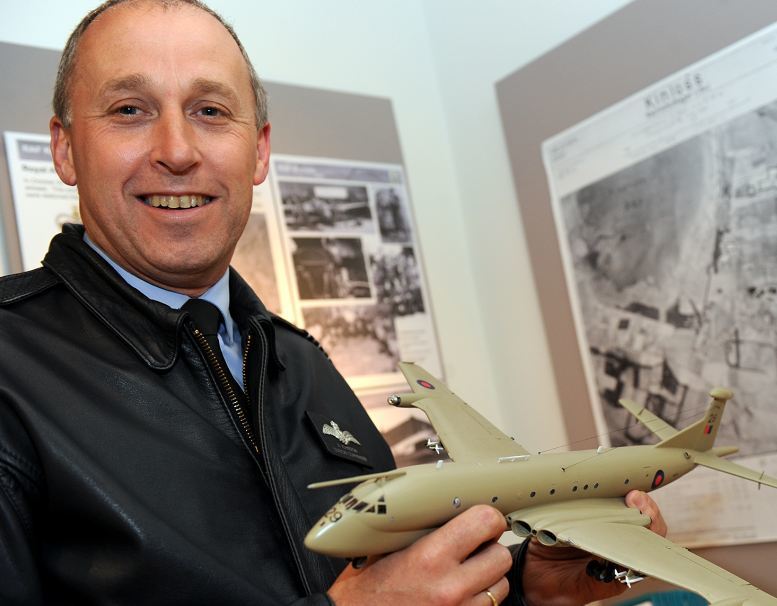A former RAF station commander has urged Moray business chiefs to reach for the sky and stake their claim to host the UK’s first spaceport.
JJ Johnson believes the region has the potential to become the launch pad for rockets, satellites and even tourist flights to be sent into orbit.
By 2030 the global space economy is expected to be worth £400billion annually, and the Westminster government hopes the UK can grab a 10% share of that.
And Mr Johnson, who is the ex-commanding officer at the former RAF base at Kinloss, believes Moray could land a huge economic boost if it sells itself in the right way.
Six of the eight venues still under consideration in the great British space race are in Scotland.
The Civil Aviation Authority (CAA) named Kinloss Barracks, along with RAF Lossiemouth, RAF Leuchars and Stornoway Airport as contenders.
Campbeltown and Prestwick airports are also in the running, along with Llanbedr Airport in Wales and Newquay-Cornwall Airport on the south coast of England.
Mr Johnson, who is chairman of the Moray Economic Business Forum, said: “The Highlands and islands region has come a huge way in the last 10 years, in terms of sectorial development.
“It has proven time and again to be able to attract and develop high-tech global industries – utilising a highly-skilled and available workforce and a very forward-thinking attitude towards change.”
Mr Johnson pointed to the development of life sciences across the north of Scotland as well as a wealth of expertise in the aviation, oil and renewables sectors as evidence the region could rise to the spaceport challenge.
UK Government Business Secretary Vince Cable said space was already big business for the UK today – and could get even bigger.
He added: “The space industry already contributes £11.3billion to the economy each year, supporting nearly 35,000 jobs.
“That’s why it’s important for us to prepare the UK for new launcher technology and take steps towards meeting our ambition of establishing the first British spaceport by 2018.
“Exploring the opportunities that commercial space flight presents, and potentially making strategic investments in this area, will support the growth of this thriving industry and underpin the economy of tomorrow, making the UK the place for space.”
The Department for Transport and the CAA are currently still considering the eight potential locations following consultation, and work to develop the sites which remain on the shortlist – including seeking the views of local people and other stakeholders – will be carried out before any final decisions are taken.
A Department for Transport report on determining the location of a UK spaceport states: “Our plan is for Britain to have a fully functional, operating spaceport by 2018.
“This would serve as a European focal point for the pioneers of commercial space flight using the potential of space flight experience companies like Virgin Galactic, XCOR and Swiss S3 to pave the way for satellite launch services to follow.
“It would also create a centre of gravity for related technology and service businesses.”
